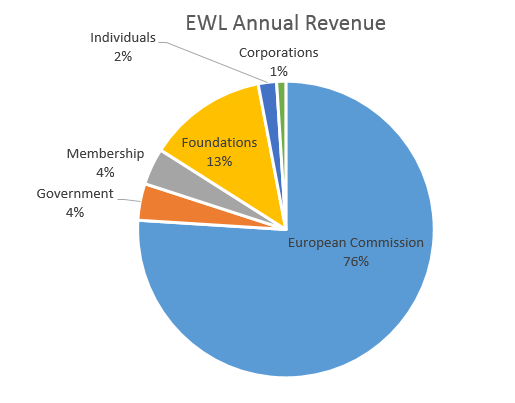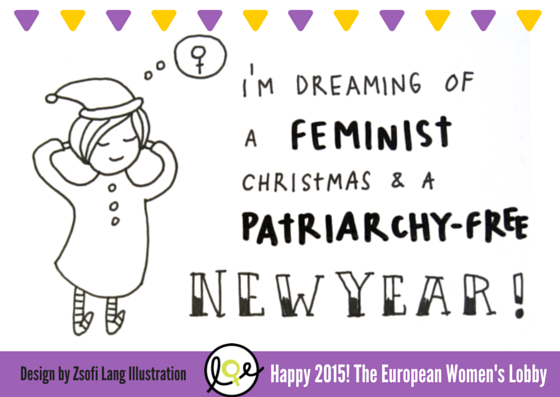[Tunis, 7 January 2014] Tunisia’s national assembly voted on Monday to enshrine gender equality “without discrimination” in its draft constitution, a key step towards safeguarding the most liberal laws in the Arab world on women’s rights.
“All male and female citizens have the same rights and duties. They are equal before the law without discrimination,” states article 20 of the text, which was approved by 159 lawmakers out of the 169 who voted.
Tunisia has set itself a tight timetable for adopting the long-delayed new charter of January 14, the third anniversary of the overthrow of dictator Zine El Abidine Ben Ali in the popular revolt that sparked the Arab Spring. Since the 1950s, when it gained independence from France, Tunisia has had the Arab world’s most progressive laws on women’s rights, although men remain privileged notably in the question of inheritance.
Some have accused the outgoing Islamist-led government of wanting to roll back those rights. Ennahda, the ruling Islamist party, sparked a storm of controversy in 2012 when it tried to introduce the concept of gender “complementarity” rather than equality into the post-uprising constitution.
The new formula was agreed during recent negotiations between Ennahda and the secular opposition aimed at thrashing out a series of compromises and ending the political crisis triggered by the assassination of an opposition politician by suspected militants last year. Rights groups had expressed reservations about the article on gender equality, arguing that it limits the protection of rights to citizens and not foreigners, and does not specify the prohibited grounds of discrimination.
They urged the assembly, in a joint statement last week, to “enshrine the principles of equality and non-discrimination before the law and extend it to anyone subject to the jurisdiction of Tunisian authorities, including both citizens and foreigners”.
“Article 20 should specify that discrimination, direct and indirect, is prohibited on the grounds of race, colour, sex, language, religion, political or other opinion, national or social origin, property, birth or other status,” said the NGOs, which included Amnesty International and Human Rights Watch. Article 45, which would guarantee the protection of women’s rights by the state and the “equality of opportunity for men and women,” has yet to be examined.
But women’s rights activists in Tunisia welcomed the provisional approval of article 20.
“We wanted to add details that would ban discrimination based on sex or skin colour,” Ahlem Belhaj, former president of the Tunisian Association of Women Democrats, told AFP. “But it is very good news that (gender) equality has been adopted. It was our demand and it’s a victory,” she added.
The national assembly looked at the constitution’s “rights and freedoms” chapter on Monday, and earlier approved article 21 stating that “the right to life is sacred” and “nothing can harm it except in certain extreme cases established by the law”.
The compromise was criticised for failing to abolish the death penalty, with a proposed amendment to do so rejected, although in practice no execution has been carried out in Tunisia since the 1990s.
Different articles on freedom of expression and opinion are also up for scrutiny, which carry weighty significance in a country that only recently emerged from five decades of dictatorship.
Examination of the draft constitution has been marked by raucous scenes and interruptions, including for several hours on Sunday, after a deputy claimed he had received death threats because a colleague accused him of being an “enemy of Islam”.
The death threats claim came a day after the assembly adopted articles making Islam the state religion but guaranteeing freedom of conscience.
Photo credits AFP
Find the article here


